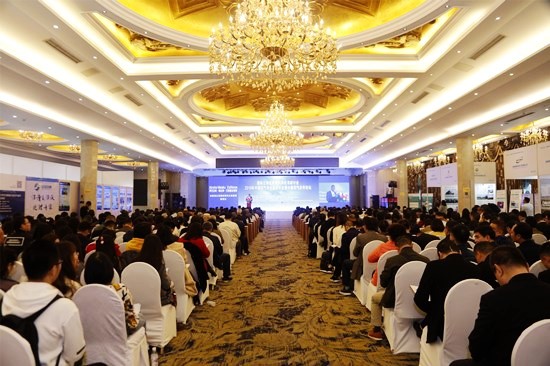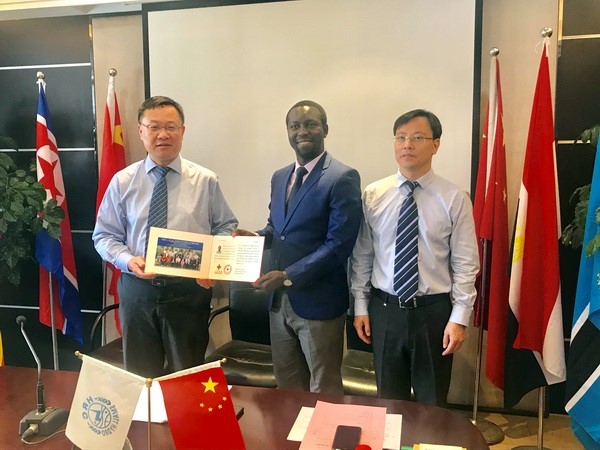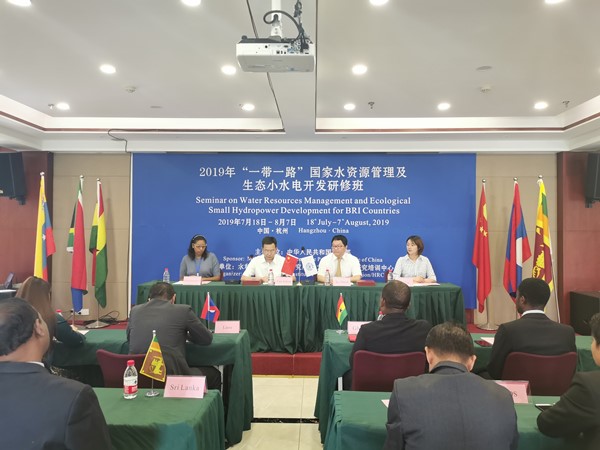2025-03-18 11:05:00 World News
The just-concluded two sessions, the annual meetings of China's National People's Congress and the National Committee of the Chinese People's Political Consultative Conference, not only opened up China's plan to the rest of the world and how the country seeks to relate to the rest of the world while growing its own economy, but also highlights several areas of possible alignment with Africa.













